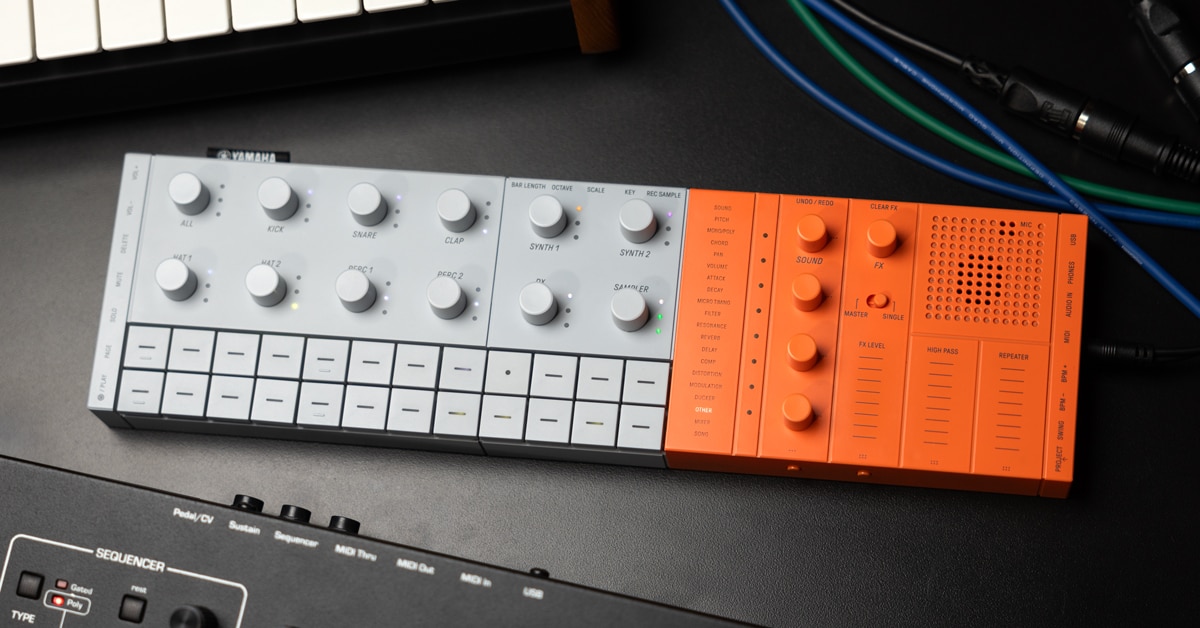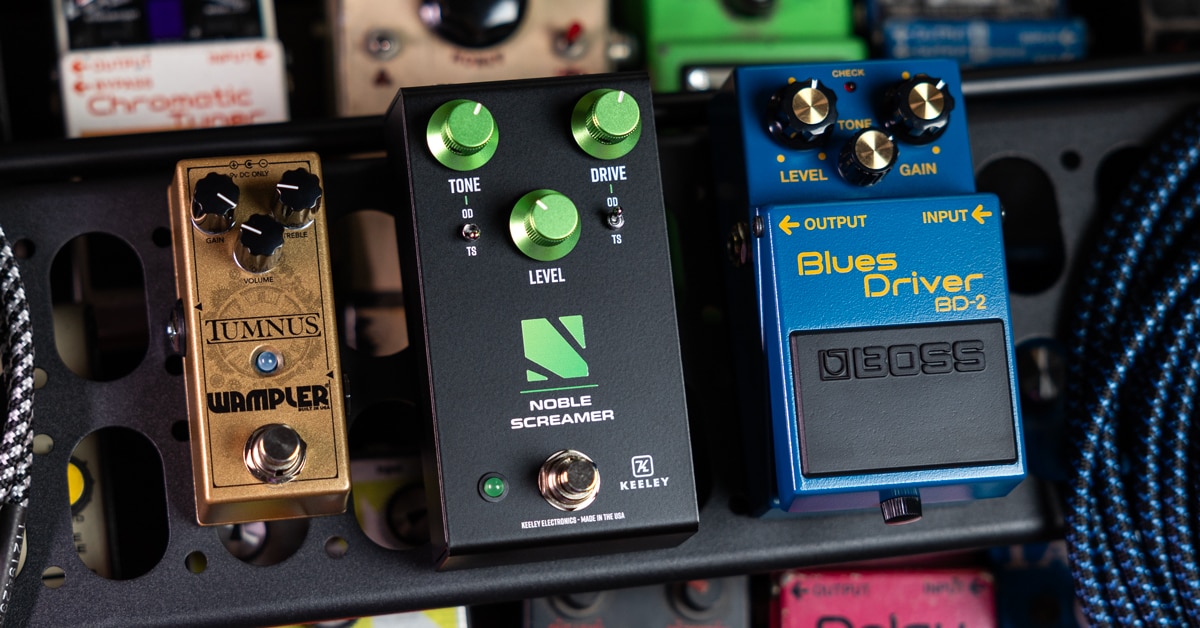Music can enrich our lives in countless ways. Learning a musical instrument is a fun and challenging journey that will reward you with lifelong benefits, including increased self-esteem and improved coordination. For children in school, the benefits of playing music can include expanded social skills and increased self-esteem. For adults, learning to play a musical instrument can help boost their confidence and sharpen their minds. Let’s take a look at more ways kids and adults can benefit from learning to play an instrument.
How Children Benefit From Learning to Play an Instrument
Performance in School
Research shows that studying music aids in the social development and academic success of youngsters throughout K–12. Kids who have a chance to learn an instrument, sing in a choir or participate in collaborative band settings are much more apt to finish school. Additionally, these students perform at a higher-grade level in language and science courses. Researchers at the University of British Columbia1 found that high school band students—when compared to students who are not enrolled in band classes—have higher grades in subjects like English, math and biology.
Behavior and Attitude
More music and art results in a reduced number of student suspensions and dropouts. Scholars from the University of Kansas2 found that graduation rates were 20% higher for students with at least one year of music and 30% higher for those with more than one year of music. In addition, a longitudinal study from the University of Maryland3 found that for each additional year of arts education, students were 20% less likely to be suspended from school.
Better at Learning a Second Language
A study by neuroscientists at the University of Toronto4 found that students who received early, extensive and continued music education showed greater fluency and competence in learning a second language when compared to non-music students.
How Adults Benefit From Learning to Play an Instrument
Mental Health
Channeling your energy into something positive can play a considerable role in helping to reduce anxiety and depression. Many family doctors and counselors suggest tasks that require focus and relaxation to help remedy the stresses of everyday life. Practicing meditation and yoga have become essential tools in helping promote mental wellness, and the same can be applied to learning music as well. By focusing on the notes you’re playing and the melody, you bring attention to the task at hand. Immense focus on rhythmic and melodic patterns can often be relaxing and soothing.
Lower Your Blood Pressure
Continuing to play an instrument can also be influential in helping to combat stress—a leading cause of high blood pressure. Professors at the University of Florence5 claim that research illustrates the positive impact music has on blood pressure. Current findings indicate that music around 60 BPM (beats per minute) most effectively engages the brain, causing it to synchronize with the rhythm and induce alpha brainwaves. Alpha waves are also shown to boost creativity and reduce depression. Since our brainwaves set the tone for a relaxed and conscious state, this process of learning is vital. Jazz and classical music often use this “golden” BPM, so learning these styles can be particularly beneficial.
Memory and Brain Function
It may seem obvious, but our memory and ability to learn an instrument are closely connected. We practice the same song over and over until we can play a piece purely from memory without looking at the sheet music. However, the way the brain functions and develops when we learn an instrument is extraordinary. According to the Journal of Neuroscience6, musicians have functionally different brains compared to non-musicians. The part of your brain in charge of memory becomes more active and can even grow in some cases. So, while you may associate training your brain with crosswords and puzzles, learning a musical instrument can give your mental abilities a real workout.
Sense of Achievement and Patience
There’s nothing like the satisfaction of completing something you’ve put a lot of time and effort into learning. When the task is as involved as learning a musical instrument, that sense of accomplishment becomes even more significant. It’s no easy feat, though, and you’ll face obstacles on your musical journey. Developing finger strength for those difficult chords, or getting to the end of that tricky song without a hiccup, will require patience—another valuable skill to develop that will help you in your everyday life.
Start Learning Today
To help others experience the joy and benefits of playing, Guitar Center has a diverse range of instructors teaching in modern facilities conveniently located in over 280 retail locations. Our Guitar Center Lessons program allows you to turn your love of music into a love for making music. We offer one-on-one lessons on guitar, bass, drums, piano, voice and more. Additionally, we work with you to ensure you have fun, make progress and have the freedom to express yourself. Learn more about Guitar Center Lessons; you can even sign up and pay online quickly and easily.
|
1 (2007) Gouzouasis, Guhn, & Kishor—via Taylor & Francis 2 (2013) Eason & Johnson—Report 3 (2009) Kenneth Elpus—Report |
4 (2008) Petitto—via the Dana Foundation 5 (2008) Modesti—via My Lower Blood Pressure 6 (2003) Gaser & Schlaug—via The Journal of Neuroscience |










